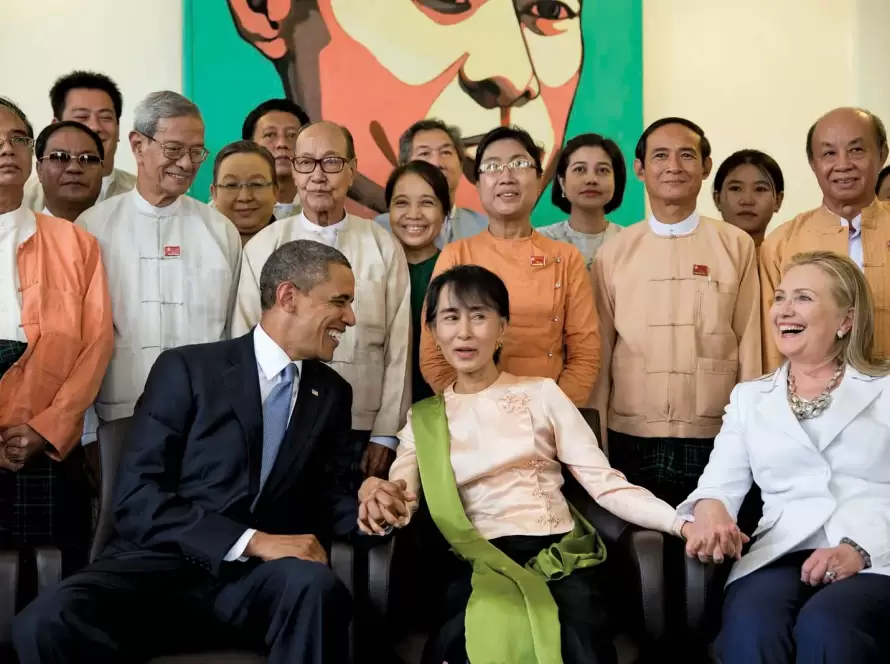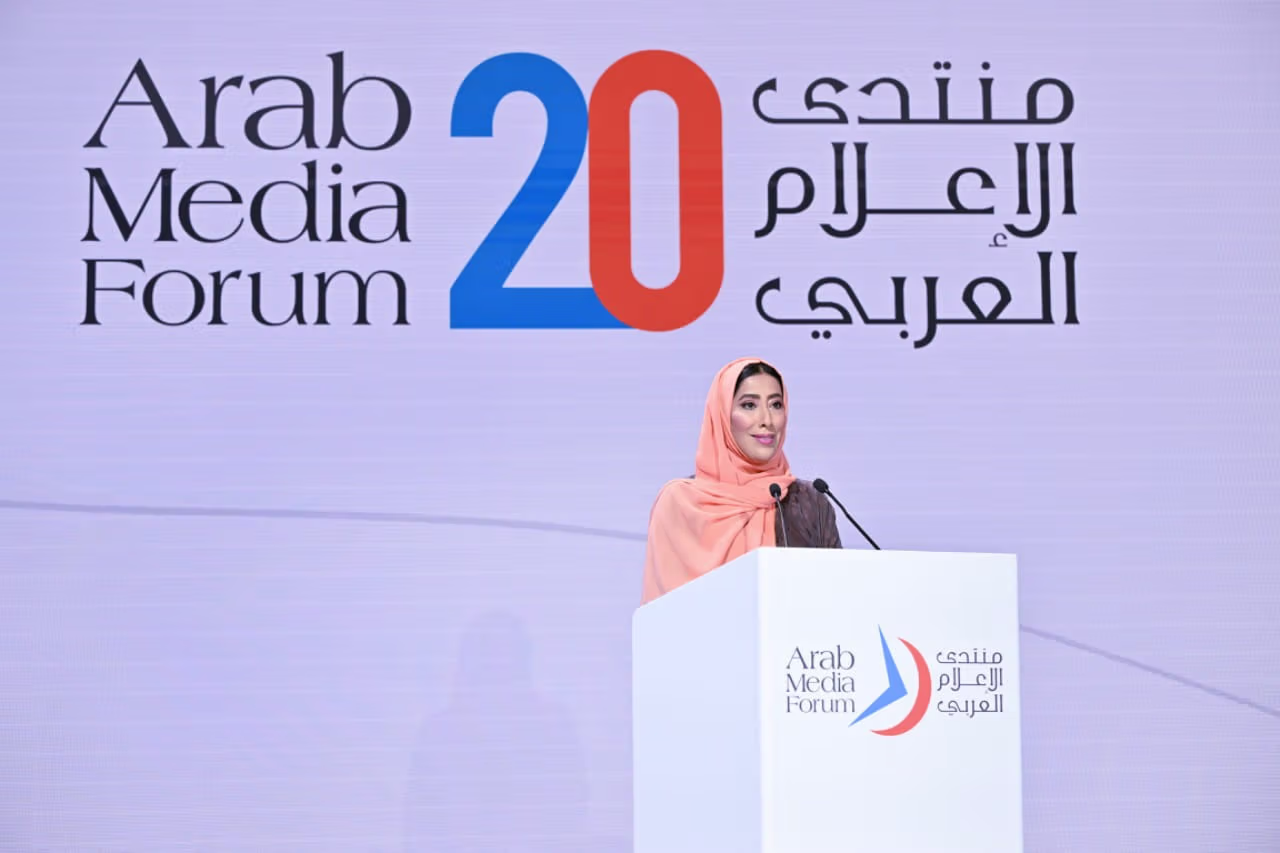By Minoli Gunarathna
The recent UK general election has yielded profound changes with substantial implications for both domestic and international politics. Keir Starmer’s Labour Party has emerged victorious, achieving a historic landslide win that signals the end of the Conservative Party’s 14-year reign.
Labour now controls nearly two-thirds of the seats in the 650-seat House of Commons, an outcome that underscores the electorate’s desire for change. The election saw the Conservative Party, led by former Prime Minister Rishi Sunak, suffer its worst defeat in history, losing 252 seats and securing just 121 seats in total.
Prominent Conservative figures, including Liz Truss and Jacob Rees-Mogg, were unseated, highlighting the party’s dramatic fall from grace. The rise of the far-right Reform UK party, led by Nigel Farage, also marked a significant shift in the political landscape. Reform UK secured four seats and attracted 14 percent of the vote, a substantial increase from its previous incarnation as the Brexit Party.
Farage’s success in winning a seat in Clacton-on-Sea after seven unsuccessful attempts reveals the growing support for far-right ideologies among a segment of the UK population.
Despite Labour’s commanding victory in terms of seats, the party’s share of the vote was relatively modest at 34 percent, only slightly higher than the 32 percent it achieved under Jeremy Corbyn in 2019. This suggests that while Labour has benefited from the Conservative Party’s decline, it may not have significantly expanded its base of support.
The election was also notable for the emergence of pro-Palestine independent candidates, five of whom won seats, reflecting the UK’s electorate’s heightened sensitivity to international issues such as Israel’s conflict with Gaza. However, George Galloway, a prominent pro-Palestine figure, lost his seat, indicating that the electorate’s support for such candidates may be selective.
The Liberal Democrats, under Ed Davey’s leadership, made a remarkable comeback, increasing their seat count from 8 to 72. This resurgence suggests a renewed appetite for centrist policies among voters disillusioned with the traditional two-party system. The new Labour government, however, faces significant challenges.
As political analysts point out, restoring underfunded public services, particularly the National Health Service, amid economic hardship will require substantial funding and effective governance. Labour’s ability to implement its ambitious growth plan, which includes liberalizing planning laws to boost infrastructure development, will be crucial in meeting public expectations.
With Labour’s historic win, Keir Starmer, the UK’s new prime minister, has assembled his team of senior ministers, creating the most gender-balanced cabinet in history. This empowered Starmer to appoint a record number of women to high office, ensuring the party’s manifesto commitments are met.
Labour’s deputy leader, Angela Rayner, now serves as Deputy Prime Minister and secretary of state for levelling up, housing, and communities. Rachel Reeves, the first female Chancellor of the Exchequer, assumes a critical role, addressing the dire economic situation left by the previous government.
David Lammy becomes Foreign Secretary, and Yvette Cooper takes on the role of Home Secretary, both bringing substantial experience. Ed Miliband, a former Labour leader, becomes the Secretary for Energy and Climate Change, marking a rare return of a former party leader to a cabinet position.
The new cabinet, smaller than recent ones but still the second largest since 1945, includes several ministers moving directly from their shadow posts. This continuity is expected to aid in a smooth transition from opposition to governance.
The cabinet is also notably youthful, predominantly state-educated, yet less ethnically diverse compared to recent Conservative cabinets. Despite Labour’s long stint in the Opposition, Starmer’s cabinet has more experienced ministers than Tony Blair’s in 1997, with eight having previous ministerial roles.
Starmer’s cabinet formation was largely completed in opposition, balancing governmental competence, presentational skills, political value, and policy views. Now, with the cabinet in place, the real challenge of governance begins. Ministers must adapt from opposition roles to effectively manage their offices.
Future reshuffles will depend on their performance, as Starmer’s empowered position allows him to reassign roles as necessary. Thus, ministers are incentivized to demonstrate their capabilities to avoid removal in future cabinet adjustments.
Internationally, Starmer’s victory and the resulting shift in the UK’s political direction could have ripple effects across South Asia. The UK’s foreign policy, trade relations, and diaspora dynamics are areas that could see changes under the new Labour administration. South Asian countries, which maintain extensive economic and cultural ties with the UK, will be closely monitoring these developments.
The election outcome also serves as a reminder of the volatile nature of democratic processes, where longstanding political establishments can be rapidly overturned, influencing global perceptions of stability and governance. As the UK navigates this period of political transition, its interactions with South Asian nations will be a critical area to watch, offering insights into how new political leadership can reshape international relationships.
The Labour Party’s victory has elicited a spectrum of reactions from global leaders and media alike. European observers, particularly in Germany and France, have noted a sense of relief, viewing Starmer as a stabilizing figure capable of mending the UK’s fractured political landscape. The German press highlighted the potential for correcting Brexit’s missteps, with Handelsblatt emphasizing the opportunity to forge new security pacts with the EU.
French media echoed these sentiments, with Le Figaro acknowledging Labour’s triumph despite the Reform UK’s surge under Nigel Farage. Italy’s Il Corriere della Sera painted a grim picture for the Conservatives, likening their defeat to broken bones that will take years to heal.
Across the Atlantic, the US media offered a more tempered analysis. The New York Times described Labour’s victory as a seismic shift but underscored the electorate’s lingering disillusionment, reflected in a low voter turnout.
The Wall Street Journal characterized Starmer as a “no-drama” leader, a stark contrast to the tumultuous post-Brexit era. ABC News critiqued Rishi Sunak’s lack of political acumen, attributing his defeat to poor campaign decisions amid a backdrop of economic and ethical crises.
In Asia, reactions were mixed. Indian media focused on Sunak, portraying his tenure as a series of failed attempts to galvanize Conservative support. Nonetheless, there was optimism about improved UK-India relations under Starmer’s leadership.
Chinese state media were skeptical of Starmer’s ability to navigate the UK’s deep-seated challenges, while Russian outlets dismissed the election as inconsequential to their strained relations with the UK.
Global leaders extended their congratulations, reflecting diverse expectations for the new administration. German Chancellor Olaf Scholz expressed confidence in Starmer’s capabilities, foreseeing robust EU-UK relations.
Brazilian President Luiz Inacio Lula da Silva and French President Emmanuel Macron both anticipated strengthened diplomatic ties. NATO Secretary-General Jens Stoltenberg welcomed Starmer’s strong support for the alliance, and Indian Prime Minister Narendra Modi looked forward to enhancing the strategic partnership between India and the UK.
Starmer’s victory has undoubtedly marked a pivotal moment in UK politics, promising a shift towards stability and renewed international cooperation. However, the challenges ahead remain formidable, with the new Prime Minister tasked with restoring public trust and navigating the complex aftermath of Brexit. The international community watches closely, hopeful yet cautious, as the UK embarks on this new political chapter.
End of global dominance? An Indian perspective
As Rishi Sunak’s tenure as the UK’s first Asian and Hindu Prime Minister ends, the South Asian community reflects with mixed emotions. His rise symbolized breaking racial and cultural barriers, marking a milestone of ambition and inclusivity. Sanam Arora, founder of the National Indian Students and Alumni Union, noted Sunak’s ascent as shattering many glass ceilings.
However, his term faced controversy and criticism, notably for accepting donations from businessman Frank Hester, who made derogatory remarks, and for his anti-immigration rhetoric.
Many felt disillusioned by his perceived disconnect from working-class ethnic communities. Some in the diaspora, particularly Muslims, criticized his handling of Islamophobia and the Gaza conflict, feeling he reinforced existing prejudices. Additionally, Sunak’s perceived inaction in securing the release of British national Jagtar Singh Johal in India was a significant criticism from the Sikh community.
Overall, while Sunak’s tenure was historic and a source of pride, his policies and actions left many feeling unfulfilled in terms of true representation and change, highlighting a complex legacy for Britain’s first Prime Minister of Indian heritage.
What next?
The transition to a Labour government under Keir Starmer presents a promising avenue for enhancing India-UK relations, particularly through the finalization of the Free Trade Agreement (FTA). The Labour Party’s commitment to a “new strategic partnership” with India signifies a departure from previous stances and focuses on the FTA as a cornerstone of this relationship.
This shift is crucial for both nations as they seek to bolster economic ties and address mutual concerns. Despite the specific timelines for concluding the FTA remaining uncertain, the Labour government’s stable majority and pragmatic approach enhance the prospects of reaching an agreement.
The FTA negotiations have faced delays and contentious issues, including tariff reductions on British whiskies and cars and visa regulations for Indian professionals.
However, the Labour government, less tied to anti-immigration rhetoric, is likely to be more accommodating on the visa front, which is pivotal for India. Additionally, the robust investment relationship, with significant British investments in Indian sectors like semiconductors and green energy, provides a strong foundation for further economic collaboration.
The security and defence cooperation between the two nations also stands to benefit from the Labour government’s pragmatic stance. The Indo-Pacific region’s significance, highlighted in the UK’s Integrated Review Refresh strategy, underscores the need for greater collaboration with India.
Despite mixed signals from Labour on the Indo-Pacific, the potential for filling the Indian Ocean Region (IOR) vacuum and enhancing maritime cooperation remains. The co-production of defence equipment and initiatives like the Electric Propulsion Capability Partnership further solidify this aspect of the bilateral relationship.
Moreover, addressing historical irritants and focusing on contemporary strategic needs is crucial. Both countries must move beyond legacy issues and develop realistic ambitions aligned with their current geopolitical landscapes. The Labour Party’s commitment to finalizing the FTA, free from the factionalism and anti-India rhetoric of the past, promises a more stable and mutually beneficial partnership.
The new political landscape in the UK seems conducive for the strengthening of India-UK ties. Completing the FTA, enhancing defense and security cooperation, and fostering economic investments will pave the way for a robust bilateral relationship.
As both countries embark on new government tenures, setting aside historical baggage and embracing a collaborative attitude is imperative for achieving the strategic goals outlined in their Comprehensive Strategic Partnership and Roadmap 2030 strategy which bodes well for all of South Asia.
Minoli Gunarathna is a graduate from the Faculty of Law of the University of Colombo and a final year student at the Sri Lanka Law College.
Factum is an Asia-Pacific focused think tank on International Relations, Tech Cooperation, Strategic Communications, and Climate Outreach accessible via www.factum.lk.
The views expressed here are the author’s own and do not necessarily reflect the organization’s.


